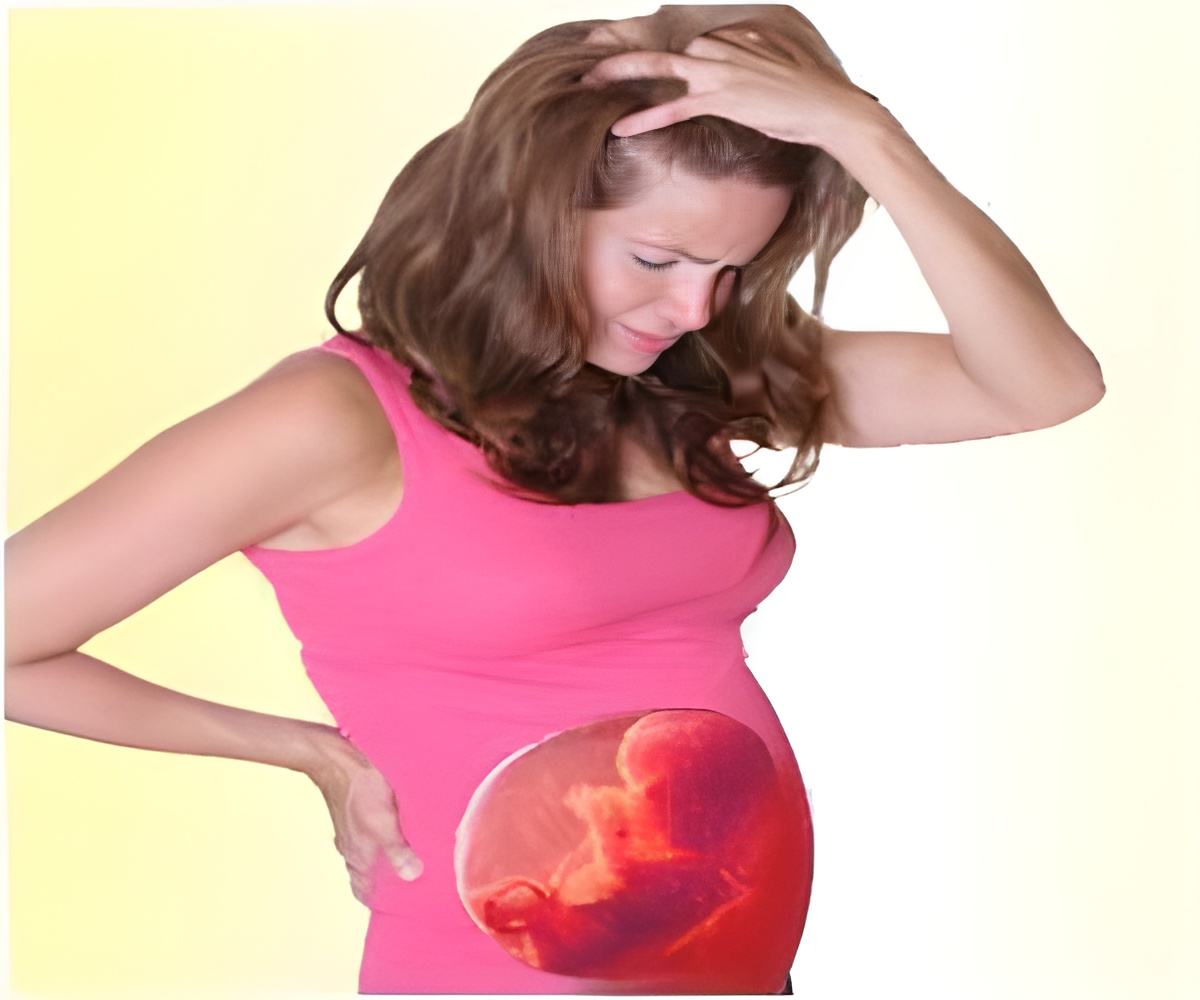Abortion does not lead to depression. Increased risk of depression was the same for both the year before and the year after the abortion.

‘Abortion does not lead to depression. Increased risk of depression was the same for both the year before and the year after the abortion. This explains that the higher risk is not due to the abortion but to other factors such as pre-existing mental health problems and different unfavorable experiences.’





To better understand the relationship between having an abortion and women's mental health, Dr. Julia R. Steinberg, from the University of Maryland School of Public Health, and colleagues analyzed data on Danish women born between 1980-1994. The information included abortions, childbirths and antidepressant prescriptions as recorded by the Danish National Registries. It is the first study to explore the risk of antidepressant use around abortion as a proxy for depression.The study concludes that the risk of antidepressant use did not change from the year before to the year after an abortion and that the risk of antidepressant use decreased as more time after the abortion elapsed.
"Policies based on the notion that abortion harms women's mental health are misinformed," said Dr. Steinberg, who is an assistant professor of family science. "Abortion is not causing depression. Our findings show that women were not more likely to suffer from depression after abortion compared to beforehand."
Compared to women who did not have an abortion, those who did have an abortion had a higher risk of antidepressant use. But Dr. Steinberg stresses this higher risk was the same for both the year before and the year after the abortion, indicating that the higher risk is not due to the abortion but to other factors such as preexisting mental health problems and other adverse experiences.
According to the Guttmacher Institute, at least eight states, including North Carolina and West Virginia, mandate that women considering an abortion receive information that emphasizes the purported negative psychological effects of having an abortion. Women in 27 states are required to wait a specified period of time, from 24-72 hours, between when they receive counseling and the abortion procedure is performed, and such policies are often justified by the claim that abortion harms women's mental health. For those in regions of the country without a nearby abortion provider, this can be a significant burden.
Advertisement
Source-Eurekalert














